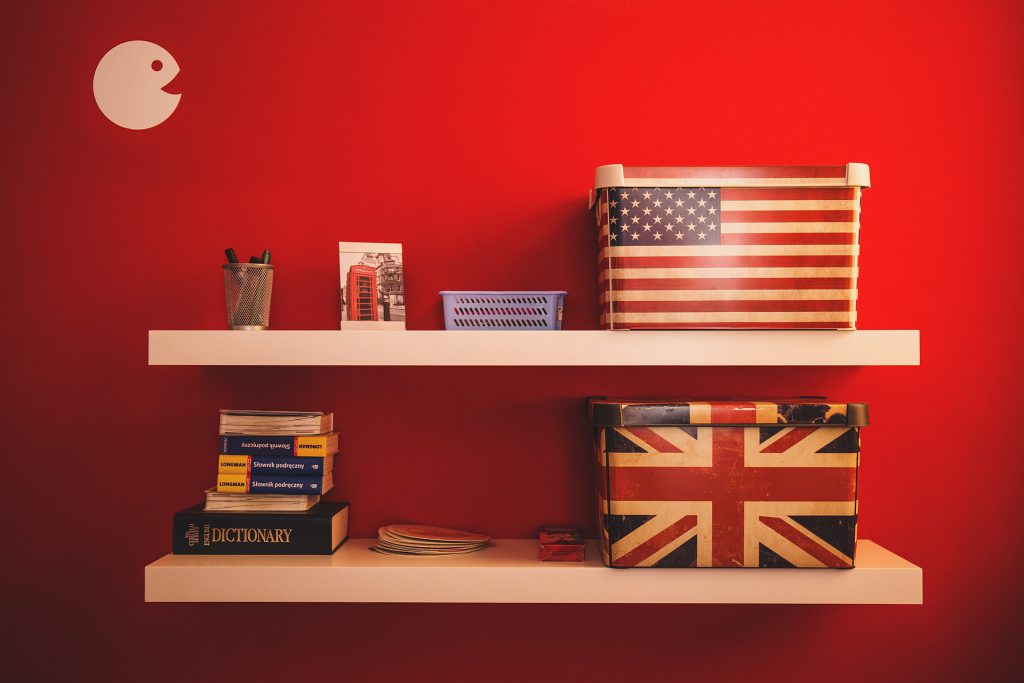Quirks of using English language
Our team at NumberNagar® is working extensively on Phonics. Phonics is a method of teaching and learning the English language by correlating sounds to letters and symbols. The language by itself has enough quirks to cause confusion. Add to it the differences in British and American usage, the situation gets more complex. Last week during a team meeting we had a couple of arguments on some words and phrases. We got into an interesting debate about the correct usage.
I was inspired by that debate to list some of the common errors we make in using English. This is especially true for Indian speakers because we carry the influence of our numerous regional languages. These differ greatly in orthography and grammatical structure when compared to English. Here goes a short list to give you a humorous interlude for the weekend.
alphabet/alphabets
This is the error that sparked the debate, whether the use of ‘alphabets’ is valid.
The word ‘alphabet’ is a noun that represents the letters or symbols of a given language. When we are talking about one language, we use “alphabet”.
There are 26 letters in the English alphabet
The usage of ‘alphabets’ is valid only when we are talking about multiple languages.
The English and French alphabets are not similar.
practice/practise
This one is slightly more straightforward.
In British English ‘practise’ is the verb form and ‘practice’ is the noun form.
Please practise your handwriting. (verb)
I dropped my daughter off at tennis practice. (noun)
In American English ‘practice’ is used for both the noun and the verb forms.
I practice my music lessons every day (verb)
His law practice is booming this year. (noun)
return back/reply back
I have seen this so many times in emails and heard it even more times in conversation that it leaves me stumped. Also, it is so common in everyday usage that using these words in the correct sense seems erroneous.
‘return‘ means to ‘come or go back’ to some place. ‘reply‘ means to ‘say or write back’ to someone.
So, saying ‘return back’ or ‘reply back’ is redundant and is an overkill.
more better
This is also quite common. Using ‘more’ with ‘better’ is redundant.
‘better’ is the comparative form of the adjective ‘good’. Do you remember reciting ‘good, better, best’ in school?
However, not all adjectives have one-word comparative and superlative forms.
‘more’ is used as an addition to adjectives to construct a comparative form and ‘most’ is used to construct the superlative form.
beautiful, more beautiful, most beautiful
cover/cover up
This is a strange one. ‘cover’ and ‘cover up’ look innocuously similar. But the difference in meaning is enormous.
The most common meaning of the verb ‘cover’ is to place something on top of an object to protect or hide it. ‘Cover’ also has other meanings that are used in everyday situations.
Cover the table with a tablecloth
This land covers an area of 10 acres (expanse of land)
The report covers all activities in the year 2019 (extent of work)
‘cover up’ on the other hand means to hide something (usually a serious mistake or a crime) from getting known.
The company’s mistake could have been excused but the cover up made matters worse.
So, if ever you catch yourself saying ‘cover up’, it might not be appropriate to the situation at all. Unless of course, you are ‘covering up’ a crime. 😊
go and come
I have heard this phrase many times. When I was younger, I remember using it also.
I will go and come to the temple
This stems from a large influence of our regional languages. In Indian languages, we have a culture of not saying ‘I am going somewhere’. It is usually an equivalent of ‘I am going somewhere and will be back.’
hogibittu bartini (Kannada) | jaake aati hoon (Hindi) | poittu varen (Tamil)
We translate this literally into English, where there is no cultural context to this usage.
Appreciating the language
Even with all the quirks, we use English extensively as a means of spoken and written communication. It is a source of immense amusement to me to discover my own prejudices and correct them.
What are your pet peeves? Share your thoughts in the comments section. You can find more articles related to the English language here and here.
Fans of Hindi movies, watch this iconic comic scene from the movie Namak Halaal, which inspired the title of this article.
Featured image credits: Free-Photos from Pixabay
Dr. Soumya Sreehari
Latest posts by Dr. Soumya Sreehari (see all)
- To drink water or not to drink – that is the question - 11 June 2021
- Puzzles for fun and learning - 28 May 2021
- A questioning mind is a thinking mind - 14 May 2021
- Play and learn having fun with words - 7 May 2021
- 4 lessons to learn from the Montessori method - 30 April 2021


Always a pleasure to read what you write, Soumya.
Thank you Srikanth, for your incredibly kind words! I am glad that you find it a pleasure. 🙂